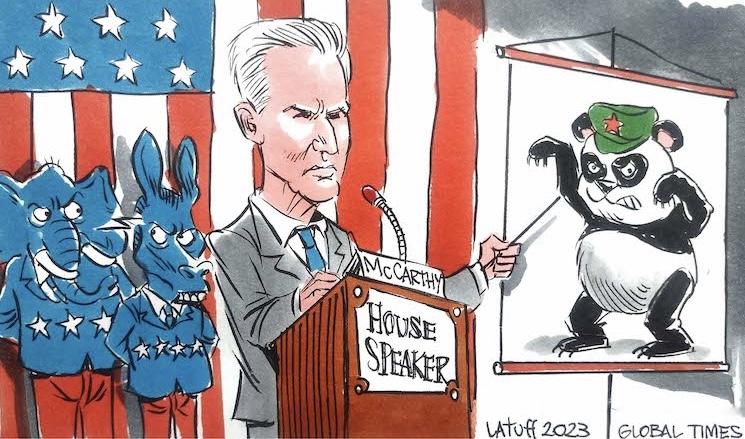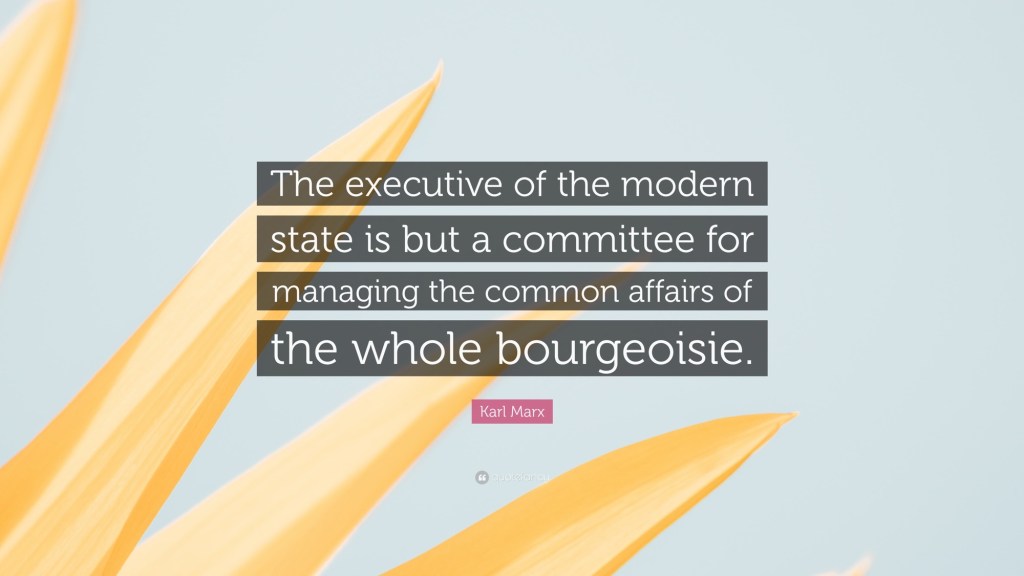A Spectre Is Haunting New York City—and It’s Not Communism, It’s Capital in Drag
Read More »Tag: McDonald’s
Copyright Office exemption makes McDonald’s ice cream machines repairable
McDonald’s always-broken ice cream machines might finally get easier to fix. That’s because the US Copyright Office granted an exemption allowing third parties to diagnose and repair commercial equipment — including the ones that make your McFlurries.
Copyright Office exemption makes McDonald’s ice cream machines repairable
Related:
Copyright change removes exclusive McDonald’s ice cream machine control from Rockton company
The center of the Rockford resident’s frustration sits miles away from the W. Riverside Blvd. McDonald’s: Taylor Company. The manufacturer assembles and manages the infamous machines in Rockton.
Poster thanking Israeli troops for committing genocide appears at McDonald’s branches in Glasgow, Scotland

Glasgow, July 30 (RHC)– The poster originates from McDonald’s branches in Glasgow City, Scotland, and it was placed by activists on the branches’ facades. The “Art Workers for Palestine Scotland” Instagram account shared the PDF version of the poster for dissemination to other branches. Many other accounts shared the call from Art Workers for Palestine Scotland to spread the poster.
The greatest propaganda campaign in human history

How can we resist the rising tide of sinophobia when there is so little printed or spoken about China by western media and politicians that actually reflects reality?
The greatest propaganda campaign in human history
Poorly-Aged 90s Commercials
Trump points fingers at the Biden administration in East Palestine visit
Former President Donald Trump made a campaign stop here Wednesday, using the aftermath of a train derailment and toxic chemical spill to take shots at President Joe Biden’s handling of the crisis.
Trump points fingers at the Biden administration in East Palestine visit
Related:

Lukashenko mocks outgoing McDonald’s: Can’t we cut open a bun and shove meat and veggie inside?
Nov 20, 2022
Belarusian president Alexander Lukashenko ridiculed McDonald’s on Friday, after the company announced it would be replaced by a Russian franchise following its departure over the Ukraine conflict.
“Why, can’t we cut a bun in half and shove a piece of meat, potatoes and salad in between? God, who even consumes this? I don’t know.” He said.
Starting Tuesday, McDonald’s in Belarus will operate under the brand ‘Vkusno i tochka’, or ‘Tasty and That’s It’, the Russian chain that took over the U.S. burger group in Russia in June.
Lukashenko mocks outgoing McDonald’s: Can’t we cut open a bun and shove meat and veggie inside?
Related:
Lukashenko on McDonald’s leaving Belarus: ‘Good riddance,’ ‘we know how to cut a bun in half’
NATO in the Amazon: Petro Plays with Fire
By Roger D. Harris on October 26, 2022
NATO recently expanded to Sweden and Finland, has been de facto incorporated in Ukraine, and may extend to Georgia. Now, NATO’s entry into the Amazon is in the works under the aegis of newly elected President Gustavo Petro of Colombia.
NATO in the Amazon: Petro Plays with Fire
Related:
The US warns Petro of the danger of falling into the hands of China:
The Government of Colombia replies to Washington that if it wants to prevail over Beijing, it must finance the purchase of land from ranchers to distribute among the peasants
Quid pro quo?!
Why the military-industrial complex went woke

Wokeness is so shallow that even NATO, the CIA and weapons manufacturers have embraced it.
Why the military-industrial complex went woke
NPR is Not Your Friend
NPR is a problem. Good and proper leftists who read Current Affairs may already realize this. “Of course. NPR (Neoliberal Propaganda Radio) is a bastion of establishment groupthink and orthodoxy that gives cover to imperialism and corporate capitalism.” By contrast, readers on the Right who find themselves consuming Current Affairs may have an equally disdainful but entirely different critique. “Of course. NPR is an elitist liberal propaganda cult that serves as a mouthpiece for the Democratic Party, is openly hostile to any conservative voices, and ought to be defunded!”
NPR is Not Your Friend


You must be logged in to post a comment.